Have you ever met a Bichon Friese and felt like you just encountered a living, breathing cloud of joy? With their fluffy white coats, sparkling eyes, and contagious energy, these little dogs have a magical way of winning hearts everywhere they go. But behind that irresistible exterior, Bichons need more than just cuddles and compliments—they require special care to stay healthy, happy, and full of bounce. Whether you’re a seasoned owner or thinking about welcoming a Bichon Friese into your family, these expert tips will guide you through the delightful world of Bichon care.
Keep That Coat Glorious: Grooming Essentials
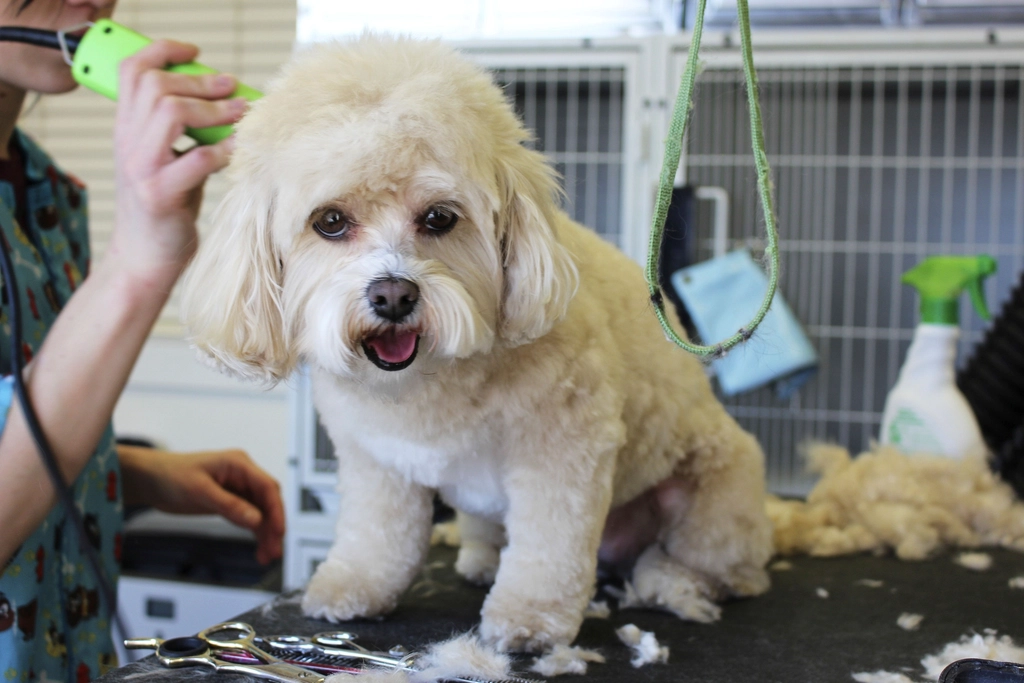
A Bichon Friese’s coat is their crowning glory—it’s soft, curly, and feels like a snowball come to life. But beauty like this doesn’t maintain itself! Regular grooming is absolutely essential for Bichons. They need brushing at least three to four times a week to prevent mats and tangles, which can get uncomfortable and even painful. Many owners opt for professional grooming every four to six weeks to keep their dog’s coat in top shape and their skin healthy. Bathing should happen about once a month, but be careful not to overdo it, as too much washing can dry out their delicate skin. Don’t forget the finishing touches: trim around the eyes, ears, and paws to keep your Bichon looking sharp and feeling comfortable. Think of grooming as bonding time—a chance to pamper your pup and show them how much they’re loved.
Feed for Joy: Nutrition Matters
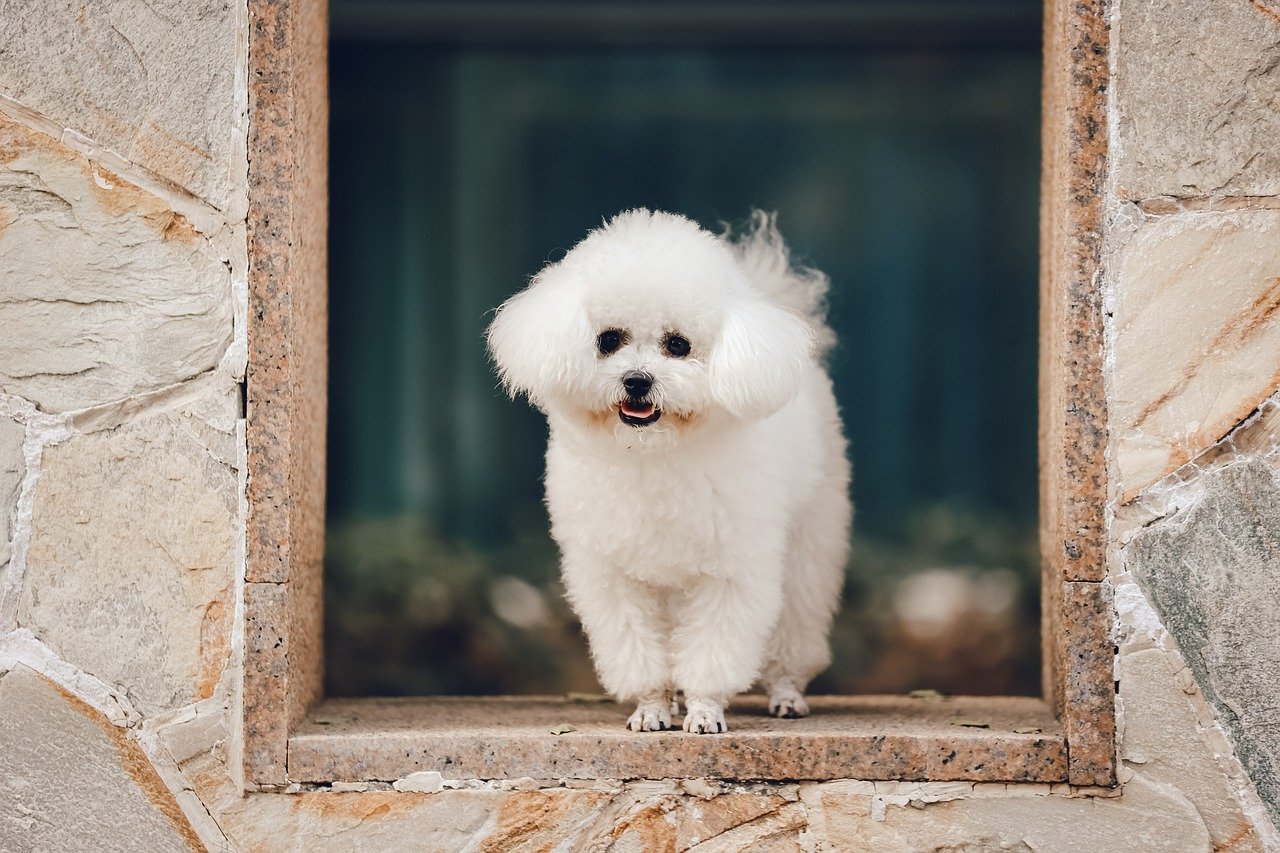
Bichon Friese dogs may be small, but their appetites for tasty, nutritious food are anything but tiny. To keep your Bichon bouncing with energy, serve them high-quality dog food that suits their size and age. Look for formulas with plenty of lean protein, healthy fats, and whole grains, and avoid foods with too many fillers or artificial ingredients. Treats are fun for training or rewarding good behavior, but be careful not to overindulge—Bichons can be prone to weight gain, which can lead to health problems. Clean, fresh water should always be available, and it’s a good idea to stick to regular feeding times. If you’re ever unsure about your Bichon’s diet, don’t hesitate to chat with your vet for personalized advice.
Get Moving: Exercise Is a Must
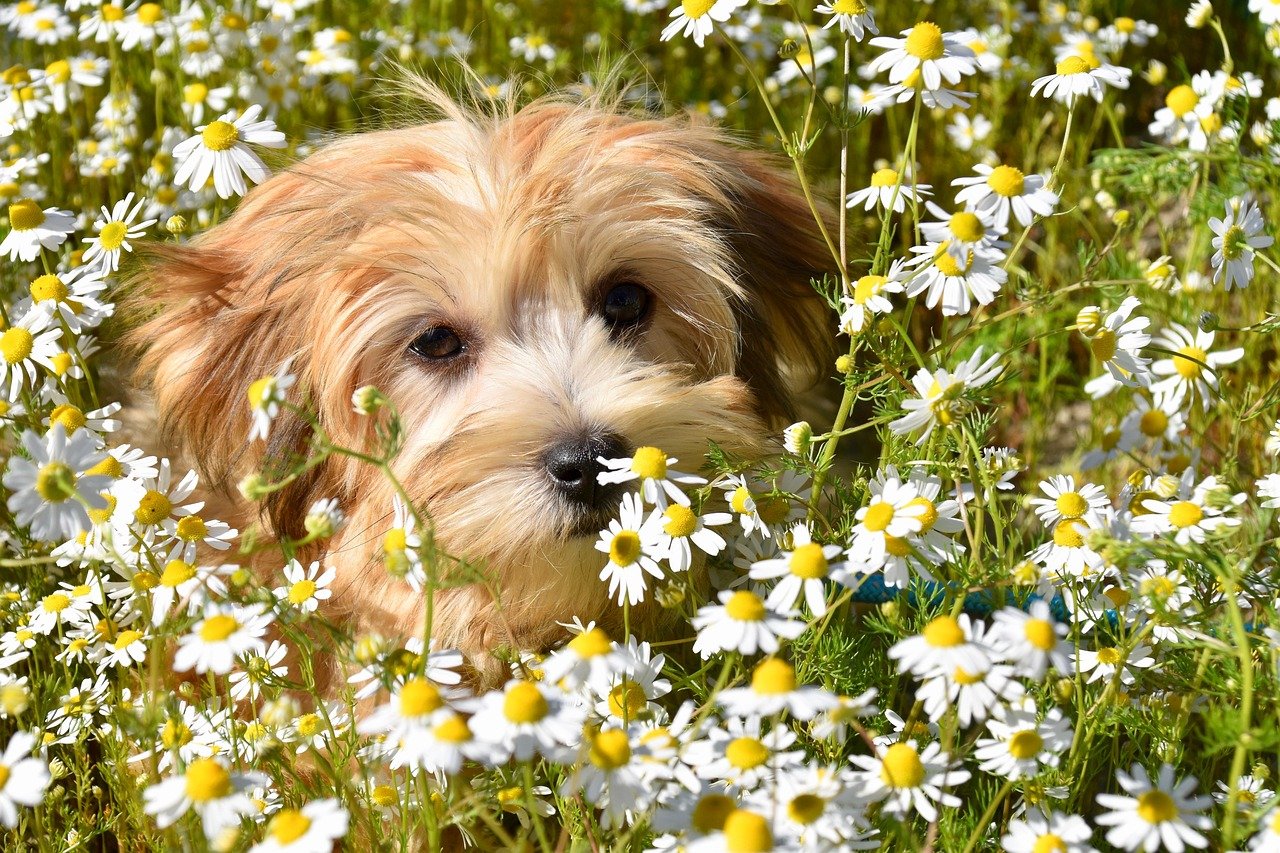
Don’t be fooled by their dainty appearance—Bichon Friese dogs are bundles of playful energy! Daily walks, play sessions, and even a little fetch in the backyard are important to keep their bodies and minds active. Without enough exercise, Bichons can become bored, which sometimes leads to mischief or unwanted behaviors. Aim for at least 30 minutes of activity each day, but remember that every pup is different—some Bichons will be content with gentle strolls, while others will happily race around the house in circles. Exercise isn’t just about physical health; it’s also a chance for your dog to explore, sniff, and socialize with the world around them.
Brush Those Pearly Whites: Dental Care
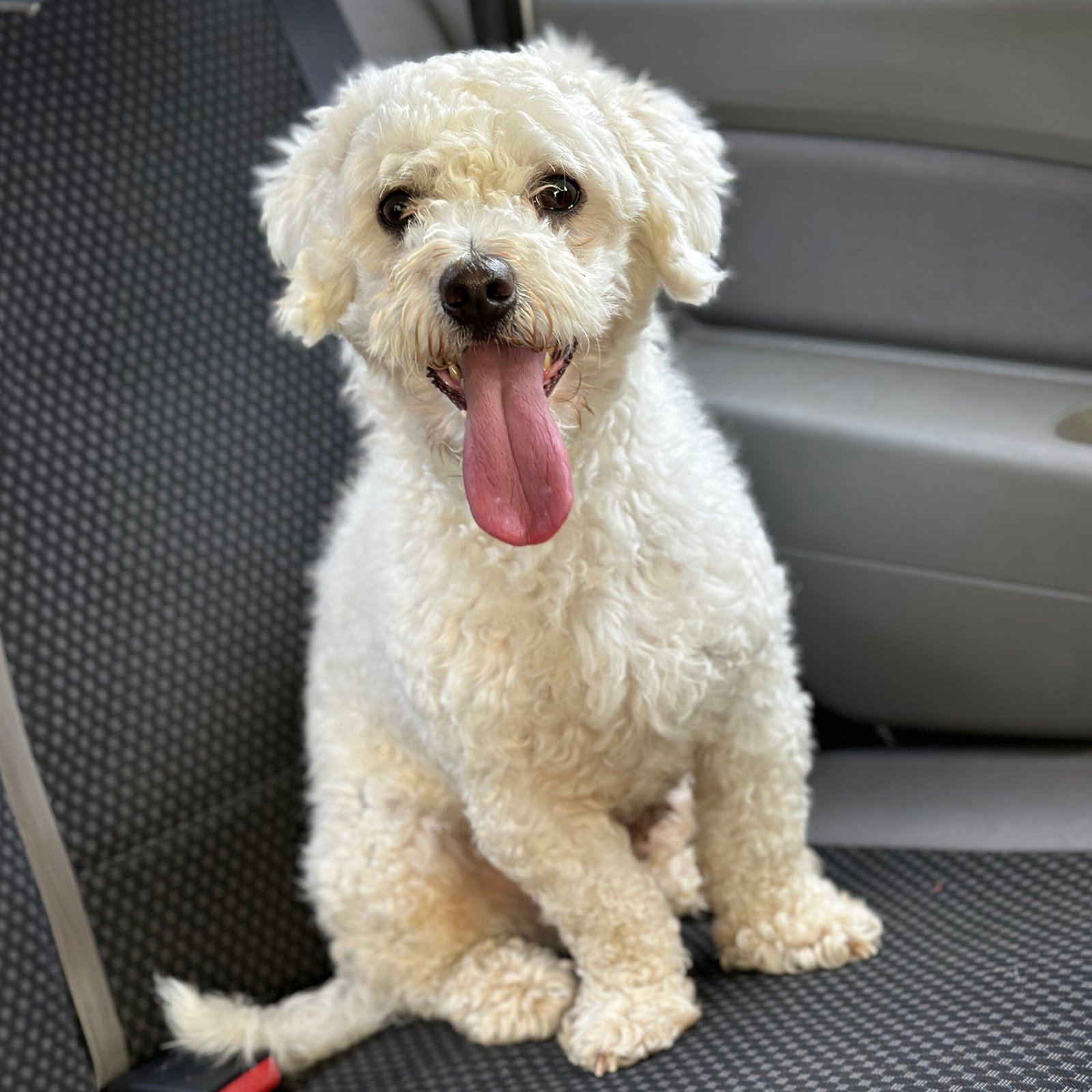
It’s easy to fall for a Bichon’s adorable smile, but did you know that dental care is one of the most important parts of their overall health? Like many small breeds, Bichons are prone to dental issues such as tartar buildup and gum disease. To keep their teeth sparkling, try to brush your dog’s teeth several times a week using dog-friendly toothpaste and a soft-bristle brush. Dental chews and toys can also help reduce plaque, but nothing replaces a good brushing routine. Regular vet checkups are important to catch any problems early—after all, a happy mouth means a happier Bichon!
Keep Ears Clean and Clear
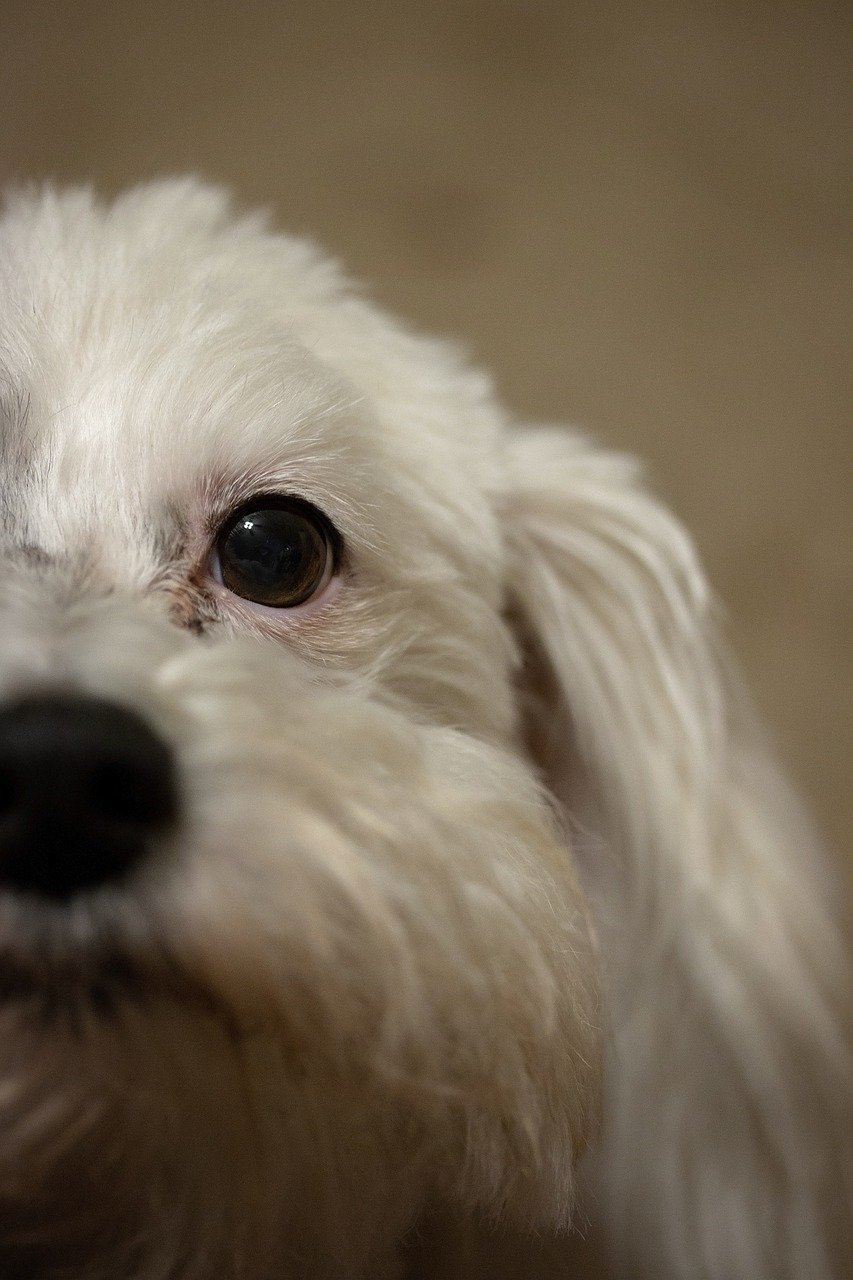
Bichon Friese dogs have charming floppy ears, but those cute flaps can sometimes trap moisture and debris, leading to infections if you’re not careful. Make ear checks a regular part of your grooming routine—gently look inside your Bichon’s ears once a week. If you notice any redness, bad odor, or excessive wax, it’s time to clean the ears with a vet-approved solution. Never use cotton swabs deep in the ear canal, as they can cause injury. If you’re unsure about ear cleaning, your groomer or veterinarian can walk you through the process. Clean ears help keep your pup comfortable and ready for more adventures.
Train with Love (and Treats)
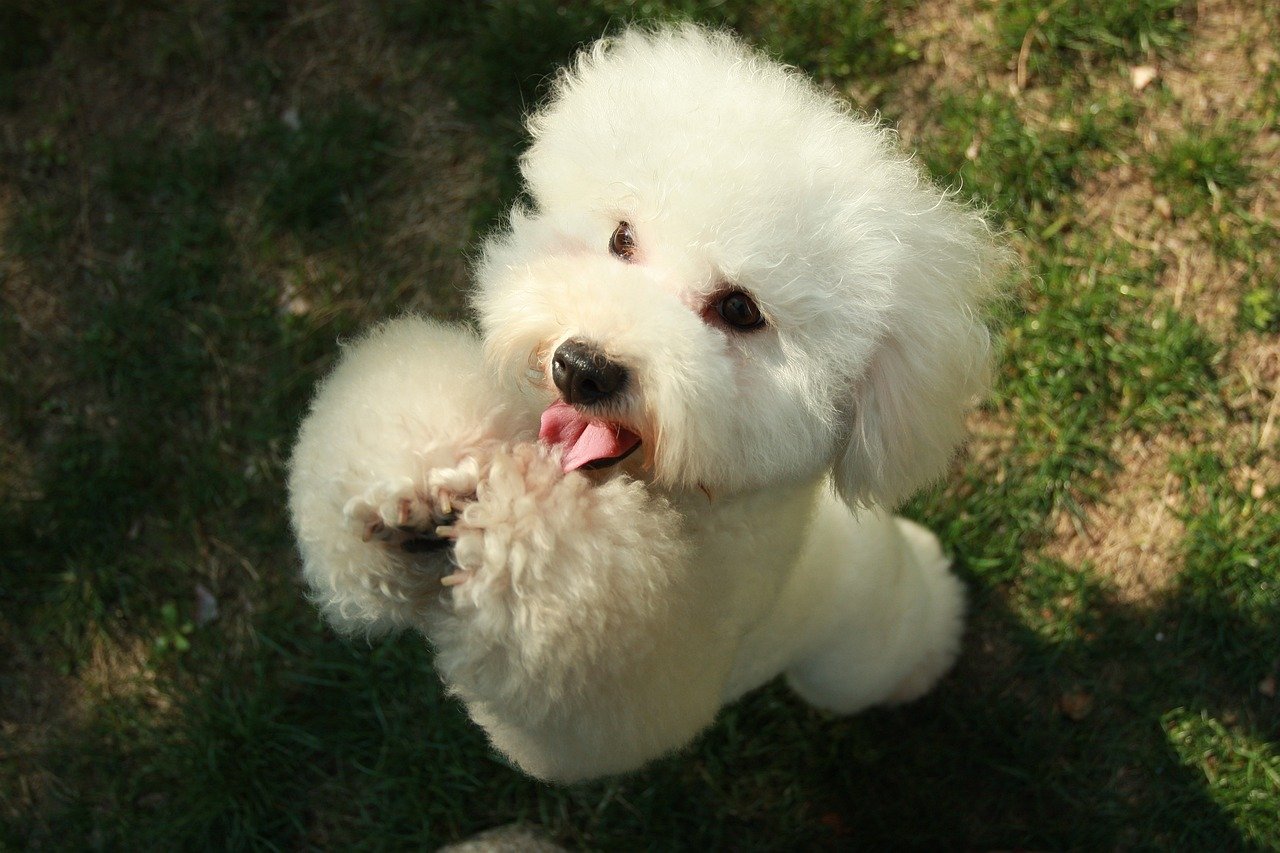
There’s no denying it: Bichons are smart, spirited, and eager to please—when they want to be! The secret to training a Bichon Friese is patience, positive reinforcement, and lots of tasty treats. Start early with basic commands like sit, stay, and come, and keep training sessions short and fun to match your pup’s attention span. Use gentle encouragement and rewards, never harsh words or punishment. Bichons respond best to kindness and consistency. Socialization is just as important; introduce your Bichon to different people, places, and other pets to help them grow into confident, friendly companions.
Stay on Top of Health Checks
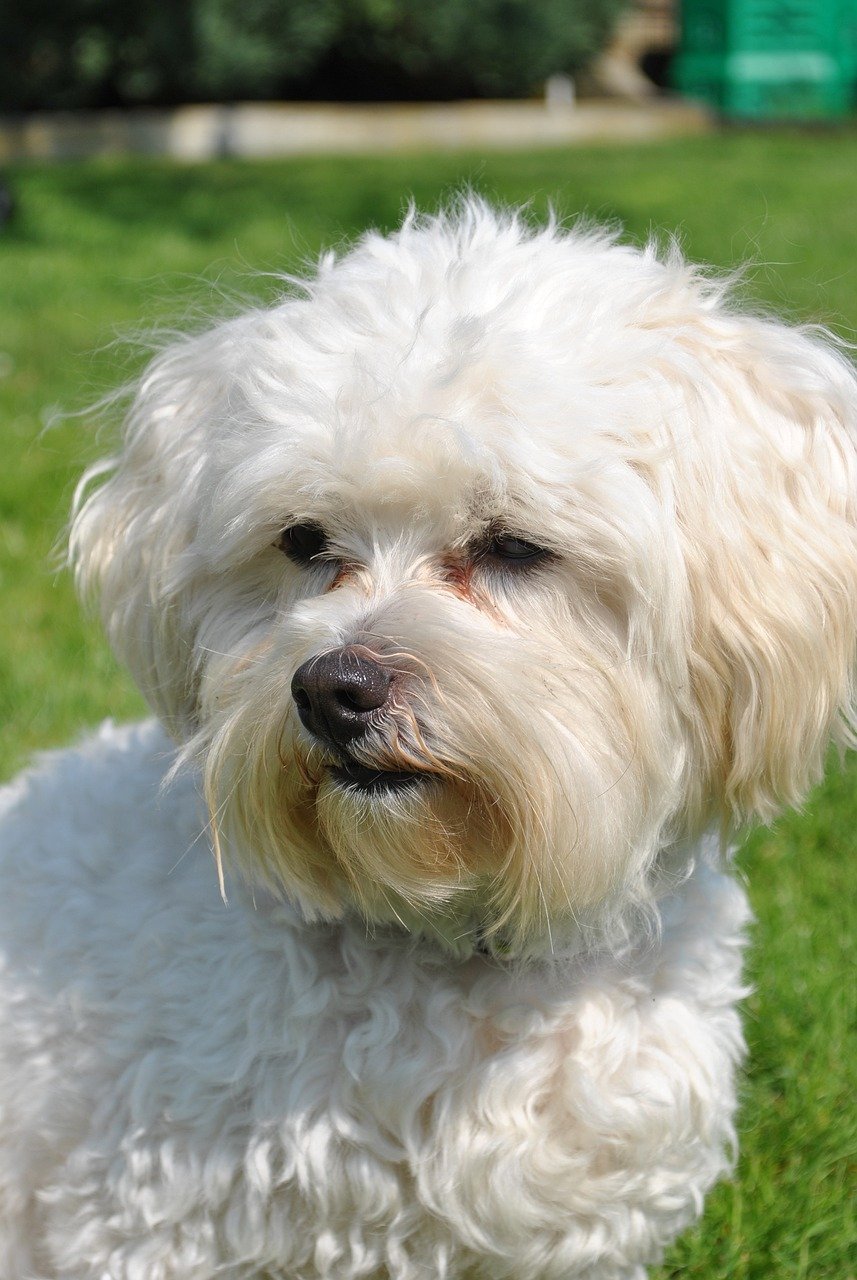
Regular veterinary visits are a must for keeping your Bichon Friese in tip-top shape. Like all breeds, Bichons have certain health concerns to watch for, including allergies, joint issues, and eye conditions. Annual checkups, vaccinations, and routine bloodwork can catch problems early and keep your pup feeling their best. Pay attention to any changes in behavior, appetite, or energy levels—these can be early signs something isn’t right. Don’t forget flea, tick, and heartworm prevention, even if your dog spends most of their time indoors. A healthy Bichon is a happy Bichon!
Shower with Love and Attention
At the end of the day, Bichon Friese dogs crave one thing above all: your love and attention. These dogs are famously affectionate and thrive on companionship. Make time each day for cuddles, belly rubs, and silly play—your Bichon will repay you with endless loyalty and affection. They don’t like to be left alone for long periods, so if you have a busy schedule, consider a pet sitter or doggy daycare to keep your pup company. The more love you give, the more you’ll get in return—Bichons truly are little hearts wrapped in fluffy white fur.
What’s your favorite way to spoil your Bichon Friese?
Jen is a passionate nature lover and ocean conservationist. She has dedicated her life to protecting the environment and preserving the beauty of the natural world. Growing up in a small coastal town, Jen sincerely appreciated the ocean and its inhabitants. She has spent countless hours exploring the shoreline, learning about the creatures that inhabit the waters, and advocating for their protection. Jen is an active member of ocean conservation organizations, and she is committed to educating the public about the importance of conserving wildlife and the natural environment.






